At a recent CEPA-hosted press briefing, experts explored critical gaps in NATO’s Arctic capabilities and discussed opportunities for Western and Northern European nations to enhance regional security.
Responding to my question—“Are there any specific capability gaps in the Arctic that you see as standout opportunities for Western and Northern European nations, including the UK, to address? How might these nations best position themselves to enhance Arctic stability and security through collaboration or specialisation?â€â€”the panellists offered insightful analysis into NATO’s readiness and requirements in the High North.
A Comprehensive Perspective on Arctic Readiness
Mathieu Boulègue, Senior Fellow at CEPA, emphasised that NATO possesses most of the necessary Arctic capabilities but needs better integration and coordination. “To be honest, we’re not missing much. We already have everything. It’s just a question of making sure the inventory is clearly outlined and that we don’t reinvent the wheel,†he said.
With Finland and Sweden joining NATO, Boulègue noted the Alliance’s growing Arctic presence. He stressed that the challenge lies in creating coherence across capabilities: “How do we integrate all of that into a coherent whole that makes the Alliance stronger and more aware of what’s happening in the region?â€
Boulègue identified domain awareness, particularly in maritime and subsea operations, as a critical gap. He pointed to the post-Cold War decline in capabilities for submarine tracking and remote sensing as areas requiring urgent attention. “NATO’s dream of reaching a seabed-to-space domain awareness is achievable, but it will take time, collaboration, and patience,†he remarked.
CEPA Report on Arctic Security
A recent report from the Center for European Policy Analysis (CEPA), titled Up North: Confronting Arctic Insecurity – Implications for the United States and NATO, explores the rapidly evolving security landscape in the Arctic. The study highlights challenges posed by Russia’s increased military operations and the broader implications of strategic competition, climate change, and critical domain awareness gaps.
“Regional stability is highly contingent upon successful Arctic-specific deterrence against existing regional threats. A carefully crafted regional presence will help the US and its six allies create appropriate deterrence.” https://t.co/weZIhyx8Y0
— CEPA (@cepa) December 8, 2024
Key insights from the report include:
- Russia’s growing use of low-intensity warfare tactics, including air incursions, GPS jamming, electronic warfare, and subsea activities targeting critical infrastructure.
- Risks of miscalculation or unintended escalation at Arctic choke points.
- Persistent gaps in allied domain awareness, compounded by overlapping command structures.
- The need for a unified NATO approach to Arctic security, bolstered by Finland’s and Sweden’s recent accession to the alliance.
- Recommendations for an Arctic Military Code of Conduct and increased use of emerging technologies like uncrewed systems and space-based assets to improve deterrence and defence.
The report emphasises the importance of creating a predictable and transparent security framework tailored to Arctic conditions.
For the full report, visit CEPA’s official page here.
Minna Ålander, Senior Fellow at CEPA, highlighted a different yet equally vital challenge—basic survival skills and operational readiness in Arctic conditions. “We have troops, but do they know how to survive in the Arctic? This is one actually non-trivial question,†she said.
Ã…lander explained that the extreme conditions of the Arctic present unique requirements, such as sustaining battery life in freezing temperatures and ensuring robust logistics and basing infrastructure.
She stressed the importance of specialised training and noted that only a few NATO allies, such as Finland, the UK, the US, and some neighbouring nations, possess the necessary Arctic capabilities. “Not every nation has to develop Arctic warfare capabilities. Spain, for example, doesn’t need to, but the countries present in the Arctic must focus on this,†Ålander added. She underlined the significance of exercises to build and maintain these essential skills.
Strategic Collaboration
Lance Landrum, another CEPA expert, echoed the importance of integration and coherence, describing “all-domain awareness from the seabed to space†as vital for Arctic operations.
He emphasised that NATO’s regional plans should bring together capabilities across land, sea, air, and the electromagnetic spectrum to create a unified deterrence strategy.
“The Alliance needs to demonstrate readiness through regular presence, exercises, and training to show that nations are together, aware, and ready to respond,†he said.
Opportunities for the UK
The discussion underscored that while NATO has substantial capabilities, the Alliance must refine its approach to Arctic security through enhanced integration, strategic planning, and addressing specific gaps in awareness and operational readiness.
For the UK, which already plays a significant role in Arctic security, this means leveraging its expertise in cold-weather operations and collaborating with allies to strengthen NATO’s presence in the High North.
The Arctic is increasingly becoming a focal point of geopolitical competition, and NATO’s ability to adapt and act cohesively will determine its success in maintaining stability in this strategically vital region. As the experts noted, collaboration, integration, and preparation are key to ensuring that NATO and its allies remain ready to address the unique challenges posed by the Arctic environment.


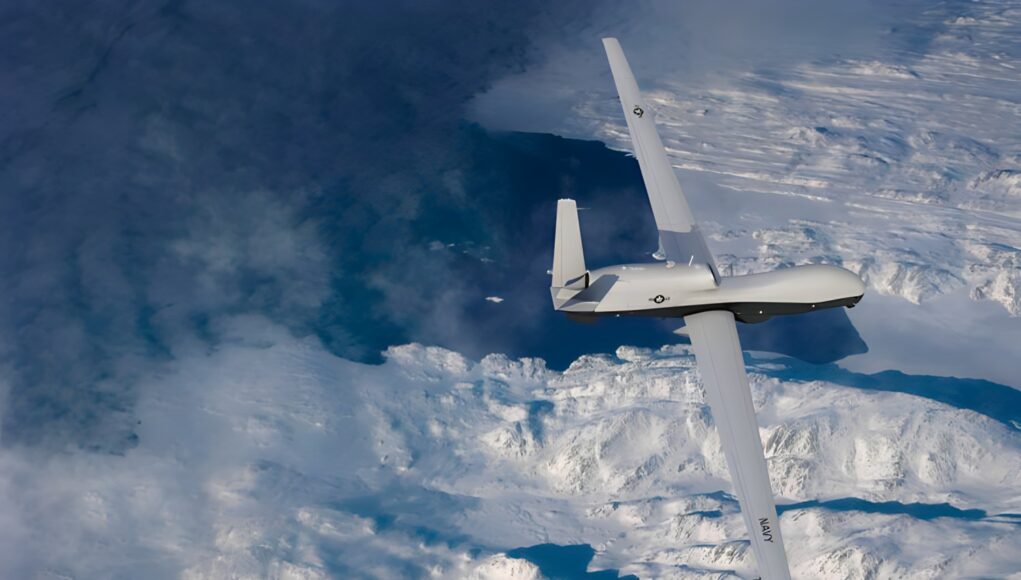
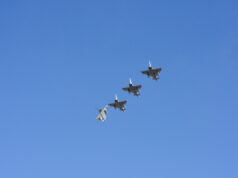
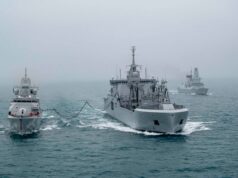
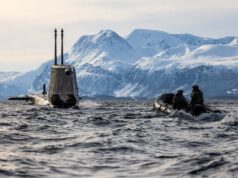
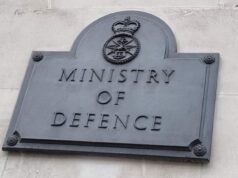
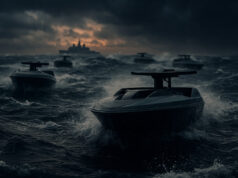
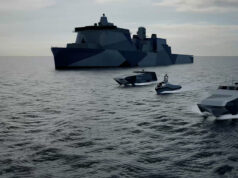
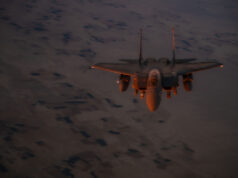
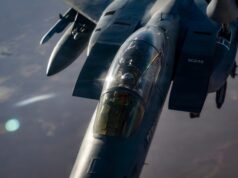
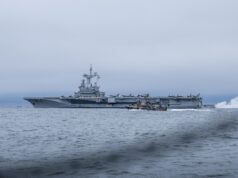
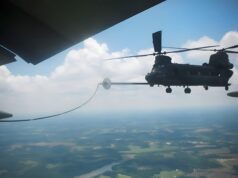

Would it be worthwhile the RN acquiring a couple of Harry Dewolf type Artic OPVs to work in with Norway-Iceland-Canada in the North-far north? Or, something Kongsberg Vanguard based and are a few more P-8s or long range drones required? Undersea surveillance would surely need to be upped too.
The Harrys are great ships but need subsea detection. The attached CH-148 Cyclone are supposed to fill that gap.
When the class was designed and the project began the world was less dangerous. There is a lot of talk in Canada on how to upgrade detection and weapon systems on the Harrys as the last of the 6x RCN ships just put to sea for trials last week.
Canada is funding many Arctic defence projects currently for additional air, sea detection in the three Northern Territories.